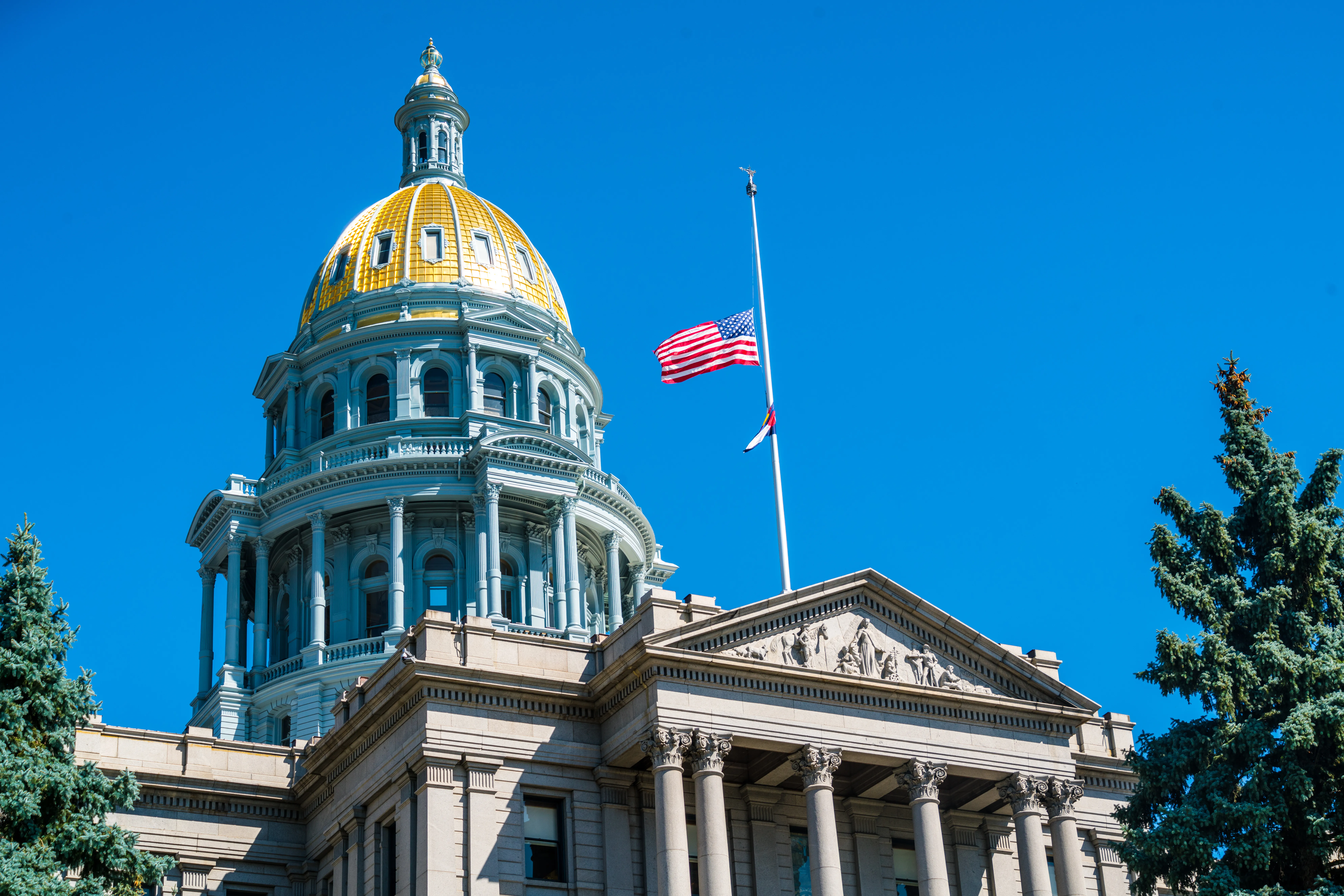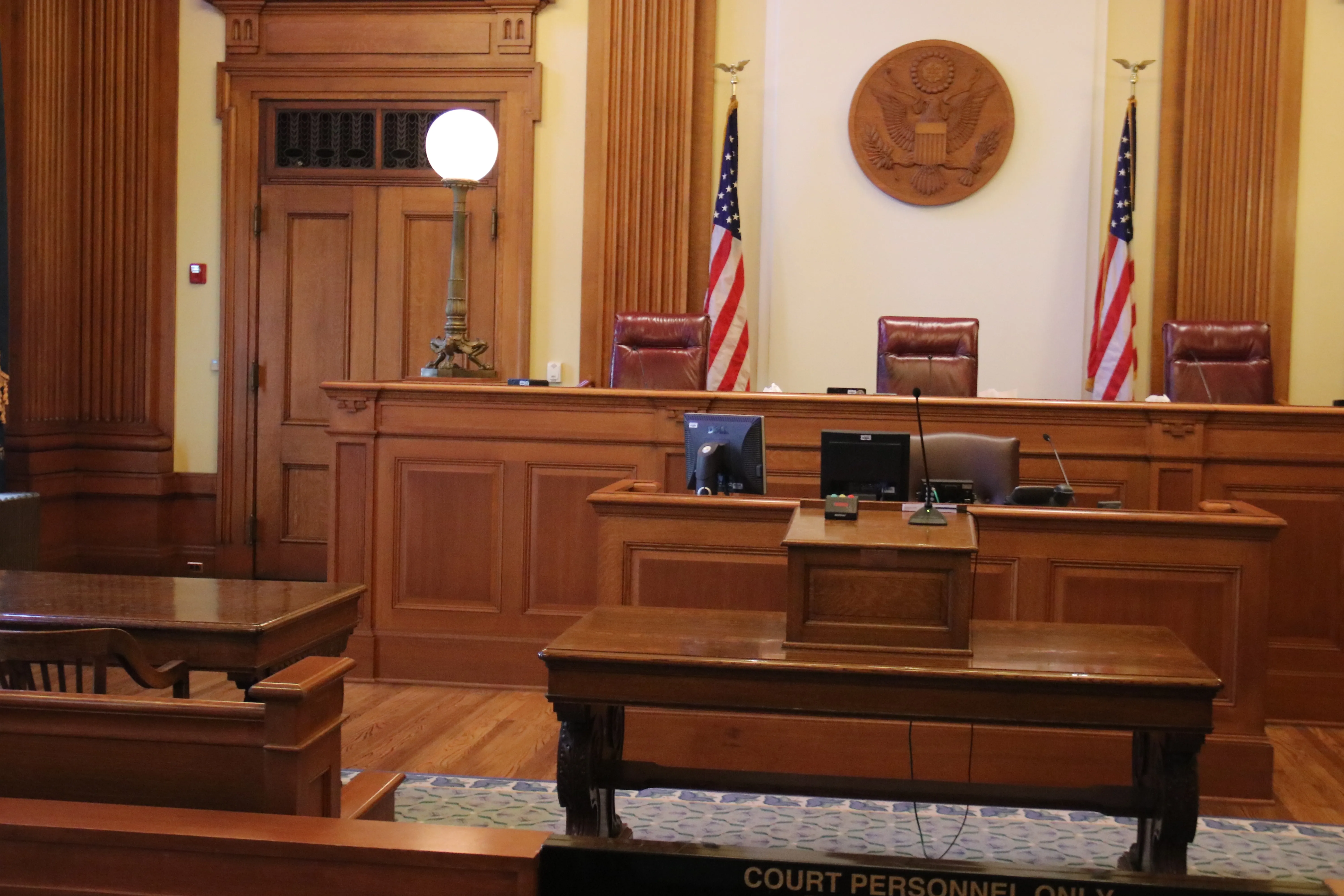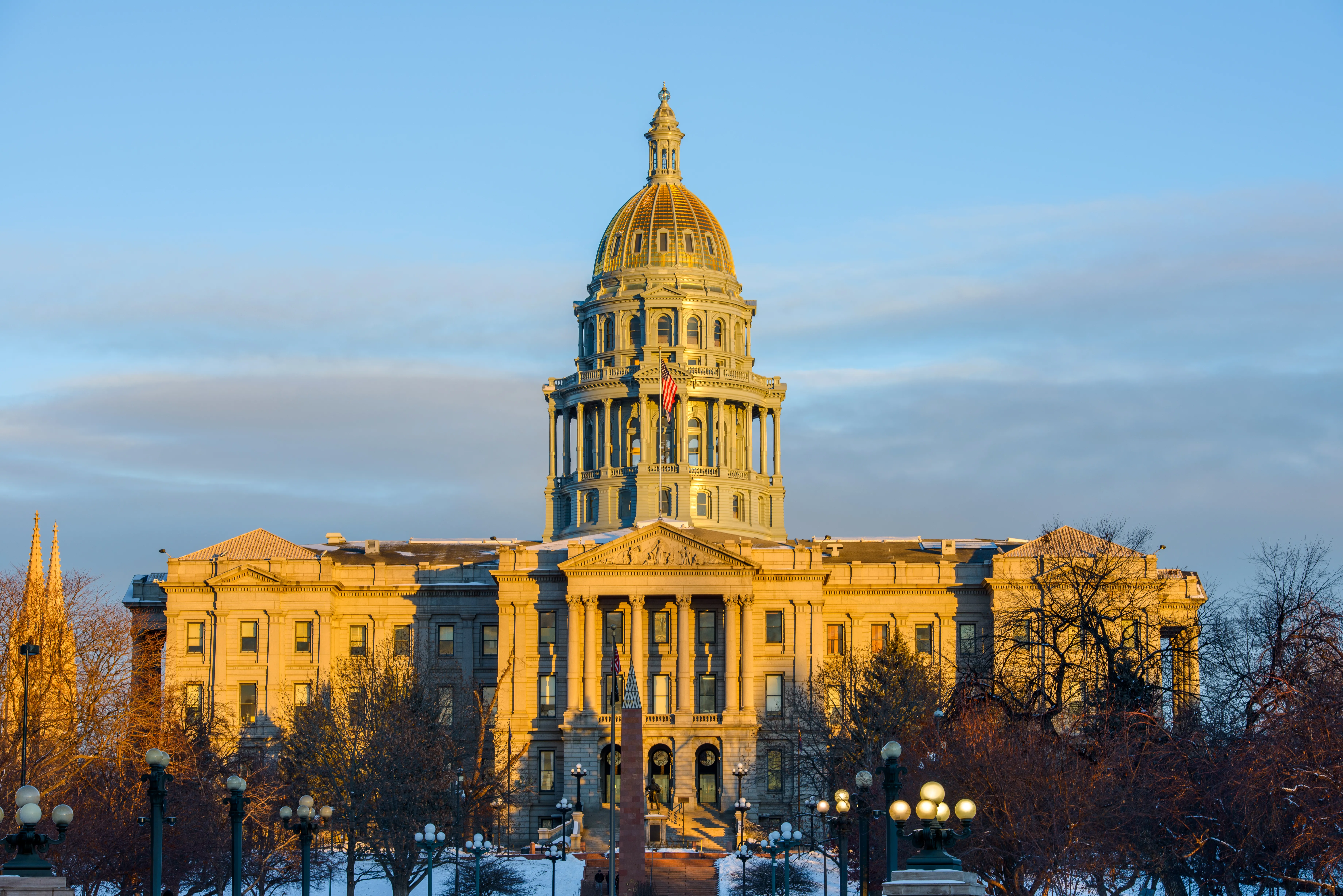
Federal judge in Denver to rule on restraining order in Alien Enemies Act case
A federal judge in Denver will soon decide whether to issue a temporary restraining order that would bar the Trump administration from removing from Colorado people who could be deported under the Alien Enemies Act.
At least 11 people have already been deported from Colorado to a brutal prison in El Salvador, a lawyer for the plaintiffs in the case said Monday.
The case was brought as a habeas corpus petition by two Venezuelan nationals held at the Immigration and Customs Enforcement detention center in Aurora. They sued President Donald Trump and other federal officials earlier this month, challenging the government’s authority to remove them from Colorado.
Represented by lawyers from the American Civil Liberties Union, the plaintiffs also ask U.S. District Judge Charlotte Sweeney to declare Trump’s use of the Alien Enemies Act unlawful, and they ask the court to certify the lawsuit as a class action, so that it would cover many other immigrants who are in custody in Colorado and could be removed from the country to the CECOT prison in El Salvador, where the Trump administration has already sent scores of detainees.
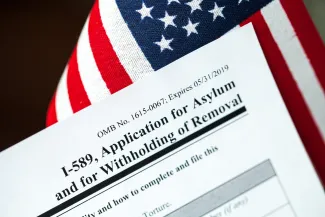
Sweeney heard arguments in the case Monday morning and said she would issue a ruling within 24 hours.
Tim Macdonald, legal director of the ACLU of Colorado, represented the plaintiffs during the hearing. He pointed to recent government behavior in Texas and elsewhere, as well as an emergency ruling early Saturday by the U.S. Supreme Court, as indications that swift protections against removal for his clients were necessary.
He said that despite a Supreme Court ruling earlier this month that immigrants subject to Alien Enemies Act removal must be given “reasonable notice” to challenge their deportation in court, the Trump administration has engaged in a game of “whack-a-mole” by moving immigrants out of districts where deportations were temporarily barred to a facility in north Texas, where deportations were not barred. Macdonald said the Trump administration has interpreted “reasonable notice” in a way that gives no realistic opportunity for detainees to challenge their removal.
The Supreme Court in a rare early morning ruling Saturday halted deportations in the north Texas district, after it appeared authorities at the detention facility there were preparing detainees for removal.
Detainees in Colorado face a similar risk without the protection of a temporary restraining order, Macdonald argued.
“This has life or death consequences,” he said.
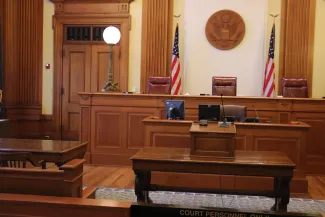
Lawyers for the Trump administration argued that Sweeney lacks jurisdiction to hear the case, because federal authorities have determined so far that the plaintiffs are not subject to deportation under the Aliens Enemies Act. The plaintiffs argue, however, that their status could change, and federal authorities in other cases have acted within hours to deport immigrants under the act and have failed to provide detainees due process.
Macdonald told reporters after the hearing that at least 11 people who were detained in Aurora have already been removed to the prison in El Salvador. The prison, which is alleged to keep detainees in inhumane conditions, is where U.S. authorities mistakenly sent Maryland resident Kilmar Armando Abrego Garcia.
Macdonald estimates that more than 100 people detained in Aurora would qualify as members of the class that’s proposed in the lawsuit.
Trump proclaimed on March 15 that all Venezuelans who are not permanent U.S. residents, are 14 years or older, and are members of the gang Tren de Aragua, or TdA, can be removed from the U.S. under the Alien Enemies Act, a 1798 law that has been invoked on only three previous occasions and only during war. The Trump administration says 137 people have been deported under the Alien Enemies Act.
Plaintiffs in the Colorado case are identified by their initials, D.B.U. and R.M.M. They both deny being members of TdA.
D.B.U. is a 32-year-old asylum seeker who has lived in Colorado with his wife and two children. R.M.M. is also a Colorado resident who is seeking asylum. He says that he fled Venezuela to escape TdA, which killed his wife’s father and uncle and which he fears will kill him and his wife and children.
Last week, Sweeney issued an initial order that halted Alien Enemies Act deportations in Colorado.

